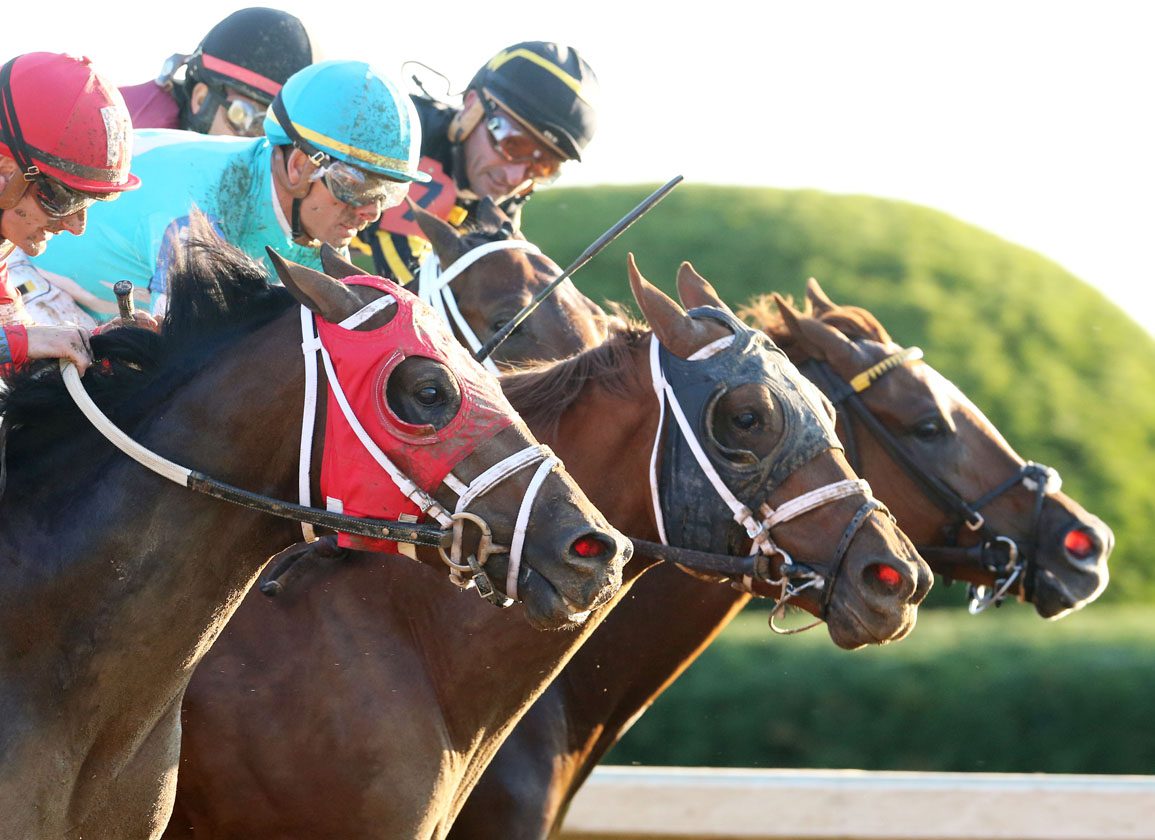By Daniel Ross
As the deadline looms for congress to insert language into the full year-end omnibus spending bill to fix constitutional question marks surrounding the Horseracing Integrity and Safety Act (HISA), proponents and critics of the law have taken to an epistolary standoff.
Last week, trainers Wesley Ward and Larry Rivelli issued a letter through the National Horsemen's Benevolent and Protective Association (HBPA) critiquing various aspects of the national program for “too many flaws, missteps and costs that could have been averted with true inclusion and transparency in its development.”
Earlier this week, HISA CEO Lisa Lazarus conducted a zoom conference with Ward, along with attorney and former trainer Darrell Vienna, to grapple with the points raised in Ward's letter.
Issued Wednesday, Vienna released his own open letter to Lazarus, addressing six main points that he said were discussed during Monday's zoom conference.
The topics cover Vienna's thoughts on the financial assessments, the way in which therapeutic and illegal substances have been divided, the new system of detection times and screening limits vs. the old system of withdrawal guidelines and thresholds, HISA's environmental contamination policy, industry input into HISA's working framework, and the new whip rules.
Substantively speaking, Vienna's letter overlaps the contents of an open letter Charles Scheeler, the chair of the HISA board of directors, issued Tuesday addressing what he sees as “misinformation” about the law, in the process arguing that HISA's drug testing program protects “good-faith horsemen,” that HISA's rules “seek to protect” small racetracks and racing jurisdictions, and that HISA has “consistently sought feedback from horsemen” across the country. Read Scheeler's full letter here.
In his open letter, Vienna writes that there is “an apparent and obvious inequity” in the way HISA has calculated its fee assessments.
“For example,” writes Vienna, “Charles Town's annual purse money ($35,000,000) and Keeneland's annual purse money ($32,000,000) are similar; however, Keeneland's HISA Assessment is half of Charles Town's HISA assessment.”
Vienna also takes issue with HISA's environmental contamination protocols, which appear to include only a slim number of substances.
“The vast majority of prohibited substances are not subject to the Atypical Findings Policy. The Policy only applies to initial findings of HISA specified substances, endogenous substances, ractopamine, zilpaterol, and substances not listed on the Prohibited Substances list,” Vienna writes.
“Contrary to HISA's assertion of trainer friendliness, HISA's policy is among the most trainer unfriendly contamination policies in horseracing because it excludes a vast number of substances from the Atypical Findings Policy,” Vienna adds.
Ultimately, writes Vienna, “HISA rules have not been so tested and do not appear superior to ARCI model rules. Rather than rewriting the book, it may be better to see those model rules adopted and enforced uniformly throughout racing jurisdictions. If there was a concerted effort toward that goal, I believe that uniform racing and medication rules would already be the law of the land.”
Not a subscriber? Click here to sign up for the daily PDF or alerts.






